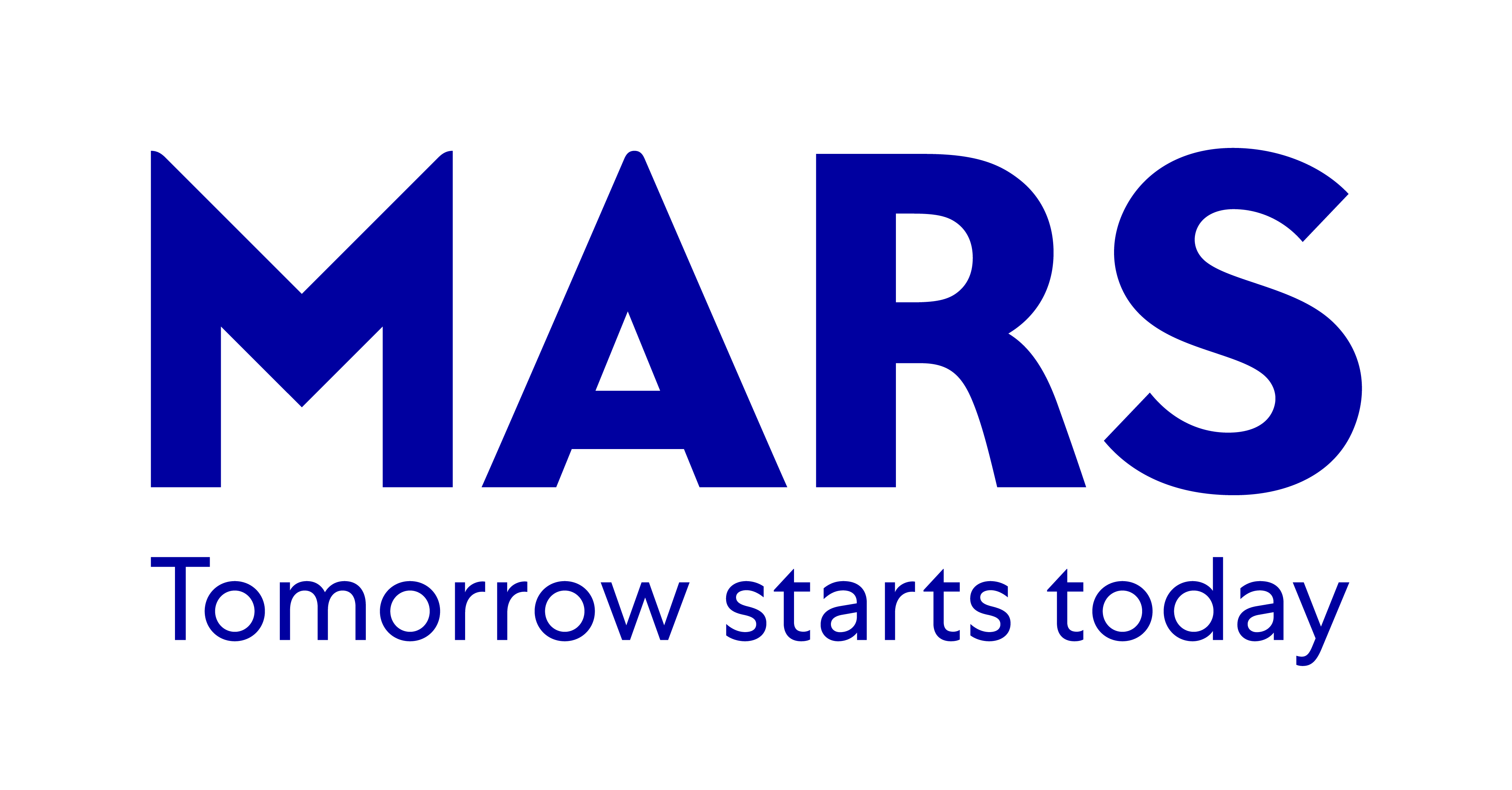Mars, Inc. Plans to Eliminate Fossil Fuel Use in Direct Operations by 2040
Original article on TriplePundit
Mars, Inc. has big sustainability goals. Its 2040 target is to eliminate all fossil fuel energy use and greenhouse gas emissions (GHG) from its direct operations.
One way it is working towards that goal is by investing in renewable energy. It announced in April that it will invest in and build a new wind farm in Texas, which will help it meet its 2015 goal of 25 percent reduction of fossil fuel energy use and GHG emissions. Its fourth annual Principles in Action Summary contains other sustainability targets and initiatives.
Making its supply chain more sustainable is also important to Mars. As a large and global food company, it uses vast quantities of things like palm oil and cocoa. In March, it launched a new Deforestation Policy and committed to a fully traceable palm oil supply chain by the end of 2015. Mars is also the largest purchaser of cocoa from certified sources, and has increased its purchase of certified cocoa to 30 percent. The goal is 100 percent certified cocoa by 2020.
Mars is working with farmers, including basmati rice farmers in Pakistan. The company works with these farmers to help them minimize the use of chemicals, optimize water use and improve productivity through a partnership with the International Rice Research Institute. Through the partnership, farmers receive a premium price over conventionally-grown basmati.
Mars also works with women in cocoa farming communities in West Africa and Indonesia to empower them. Women do almost 45 percent of the labor on cocoa farms so empowering them helps their families. In 2013, Mars Chocolate signed the U.N. Women’s Empowerment Principles to demonstrate its “commitment to empowering women in the cocoa sector.”
Additionally, Mars is working to combat child labor and trafficking in the cocoa supply chain through partnerships with governments, NGOs and industry. In addition, Mars Chocolate has 20 Cocoa Development Centers (CDCs) across Africa and Indonesia and has 35 more planned for 2014. In some areas CDCs are linked with Cocoa Village Centers (CVCs), or small independent businesses run by local entrepreneurs. The CVCs sell approved planting material and teach, promote and implement techniques that can help smaller farms.
To read the full TriplePundit article click here.

